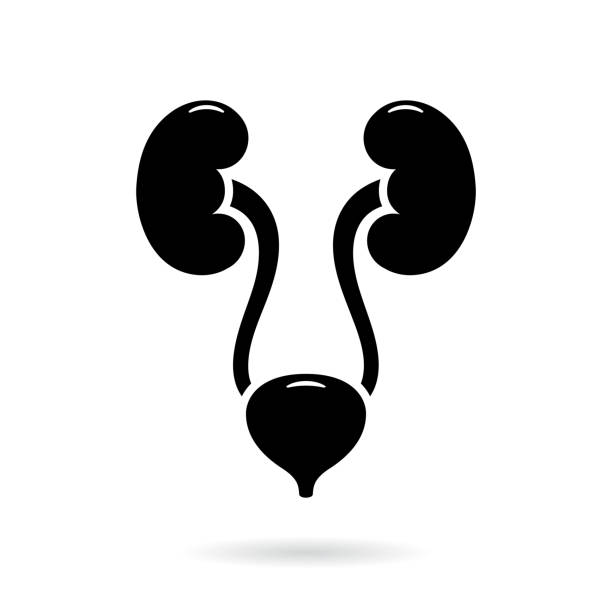+918042755642

This is your website preview.
Currently it only shows your basic business info. Start adding relevant business details such as description, images and products or services to gain your customers attention by using Boost 360 android app / iOS App / web portal.
Description
Kidney stones are solid masses made of crystals that form in the kidneys. They can cause significant pain, especially when they move into the urinary tract. Treatment for kidney stones depends on the size, type, and location of the stone, as well as the symptoms you're experiencing. Treatment Options for Kidney Stones: 1. Conservative Management (Small Stones or No Symptoms): Hydration: Drinking plenty of water helps to flush out small stones. It's generally recommended to drink at least 2-3 liters of water a day. Pain Management: Over-the-counter pain relievers like ibuprofen or acetaminophen can help with mild to moderate pain. For more severe pain, doctors might prescribe stronger pain medications. Observation: If the stone is small (less than 6 mm), it may pass naturally without intervention. Your doctor will monitor it with imaging and advise you on pain management during the process. 2. Medications: Alpha-blockers (e.g., tamsulosin): These relax the muscles in the ureter, making it easier for the stone to pass. Diuretics: These may help prevent the formation of new stones in certain cases by reducing calcium levels in urine. Potassium Citrate: Used to alkalinize the urine, which can help dissolve certain types of stones (e.g., uric acid stones). 3. Extracorporeal Shock Wave Lithotripsy (ESWL): Indication: Used for stones that are too large to pass on their own but are still located in the kidney or upper ureter. Procedure: High-energy shock waves are directed at the stone from outside the body to break it into smaller pieces that can be passed through urine. Recovery: Generally non-invasive, but patients may experience discomfort, blood in the urine, or bruising. 4. Ureteroscopy: Indication: Used for stones located in the ureter. Procedure: A thin tube (ureteroscope) is passed through the urethra and bladder into the ureter to locate and remove the stone. Sometimes, a laser is used to break up the stone. Recovery: This is a minimally invasive procedure, and most patients recover within a few days, though there might be some discomfort or a burning sensation during urination. 5. Percutaneous Nephrolithotomy (PCNL): Indication: Used for very large kidney stones or stones that cannot be treated with other methods. Procedure: A small incision is made in the back, and a tube is inserted into the kidney to remove the stone directly. Recovery: This is more invasive and requires hospitalization. Recovery can take a few weeks, but it’s an effective method for large stones. 6. Surgical Removal: Indication: If the stone is very large, causing infection, or not amenable to other treatments, surgery may be required. Procedure: Involves making an incision in the body to directly remove the stone. Recovery: This is the most invasive treatment and requires a longer recovery period. Preventing Kidney Stones: If you've had kidney stones before, there are strategies to reduce the risk of forming new ones: Increase Fluid Intake: Drink plenty of fluids to dilute urine and reduce the likelihood of crystals forming. Dietary Modifications: For calcium stones, reduce the intake of high-oxalate foods (like spinach, beets, and nuts) and avoid excess salt. For uric acid stones, limit animal protein (red meat, shellfish) and foods that are high in purines. Increase citrate-rich foods, such as lemons and oranges, which can help prevent stones. Medications: For people with a history of stones, medications to control urine composition may be recommended (e.g., thiazide diuretics or potassium citrate). When to Seek Medical Help: If you experience any of the following symptoms, you should seek medical attention immediately: Severe pain, especially in the back or side (often described as one of the most intense types of pain) Blood in the urine Nausea or vomiting Fever, chills, or signs of infection Kidney stones can vary greatly in size, symptoms, and how they're treated. If you're experiencing kidney stone symptoms, it's important to consult with a healthcare professional to determine the best course of treatment based on your specific situation. Let me know if you'd like more details about any of these treatments!

